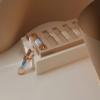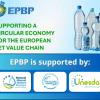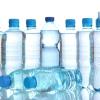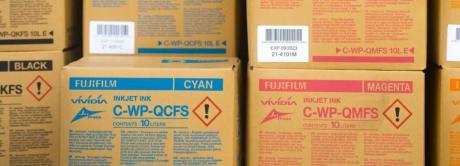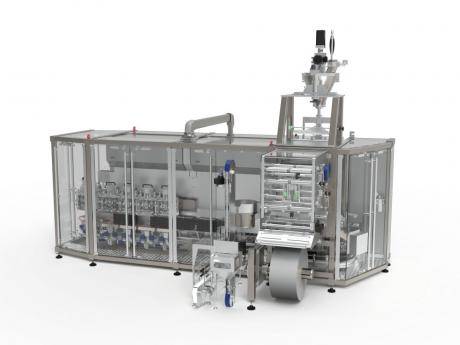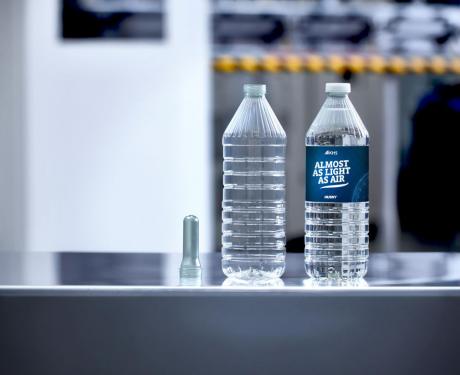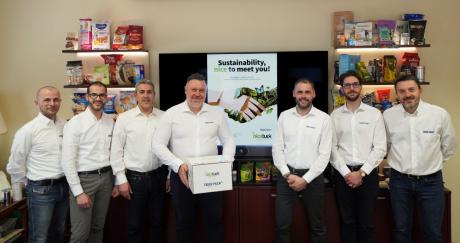Greiner Packaging, based in Austria, has been producing plastic packaging for over 60 years with a passion and a drive for continuous improvement. One key motivator for the company is sustainability. As packaging becomes lighter all the time and fewer raw materials are required, production processes are having to meet fresh challenges. Thanks to E-Speed injection moulding machines from Engel, Greiner Packaging is reducing the wall thickness of its food containers while enhancing efficiency.
"The specification was to reduce weight as well as CO2 emissions while maintaining container sturdiness and improving recyclability," said Andreas Ecker, Application Engineer at Greiner Packaging. The client Austrian dairy Ennstal Milch already applies high standards of sustainability in its thin-wall mono-material cups for Greek yoghurt produced from PP using the IML (In-Mould Labelling) process. Striving for stili greater things, however, the manufacturer of dairy products turned to Greiner. Now the yoghurt cups are produced here using 20% less material than previously.
"We managed to reduce the container thickness by 0.1 millimetres to 0.3 millimetres. In-Mould labelling supports the lightweight trend," said Andreas Ecker. Despite being just under 50 micrometres itself, the label provides extra stability. Extensive product tests revealed no disadvantages, neither in filling, nor in logistics, nor for the consumer. Even when filled, the new design yoghurt cups can be safely stacked; when consuming with a spoon, they can be handled with no discernible difference. The cups are suitable for hot filling up to 85°C as well as cold filling. This is important for Greiner as Ennstal Milch and Greek yoghurt are not the only beneficiaries of the new thin-wall ranger the new lightweight IML cups are produced in different forms for many other products.
"Injection moulding technology enables considerable variance of shape, with very low production tolerances," said Plant Manager Engelbert Pranzi. Sealing edge or base, round or square, every food producer has its own specific design, and Greiner needs to be able to adapt.
Hydraulic benefits
Adjustments to the production process have made it possible to reduce wall thicknesses in food containers. With this in mind, Greiner invested in a new e-speed 380 injection moulding machine from its long-standing engineering partner Engel. "We turn the hydraulic power of the hybrid machine to our advantage. We need extremely high dynamics in the injection stage, which pushed our electric injection units to the limit. For the yoghurt cups, we have a wall thickness/flow path ratio of 1 to 240" said Andreas Ecker. With the high level of stress and strain in mind, Engel designed its E-Speed machines - which combine an electric clamping unit with a hybrid injection unit - specifically for high-speed thin-wall applications. The toggle lever is encapsulated and ensures a high degree of cleanliness. Expansion of the series over the past year has further enhanced the performance of all clamping force ranges. The hydraulic injection unit with electric plasticising drive now delivers even greater performance. It is designed for injection speeds of up to 1,200 mm per second. The machine base and mould mounting platens have also been tailored more closely to the requirements of thin-wall packaging and the use of multi-cavity moulds both with and without IML. The main goal is to ensure precision of machine movements while achieving durability. In the case of in-mould labelling in particular, repeatability is critical.
Energy efficiency also maximised
To utilise energy efficiently even in high-speed operations, the e-speed 380 is fitted with an energy recovery system. "For us, the energy efficiency of the machine was a key factor in our decision. Even though we are continually enhancing the performance of our production systems, we are committed to cutting consumption year by year" Engelbert Pranzi noted. Greiner Packaging appointed a dedicated energy efficiency manager to monitor all energy efficiency projects, paying particular attention to production processes. Within the factory, ageing hydraulic injection moulding machines are gradually being replaced with hybrid and all-electric machines.


